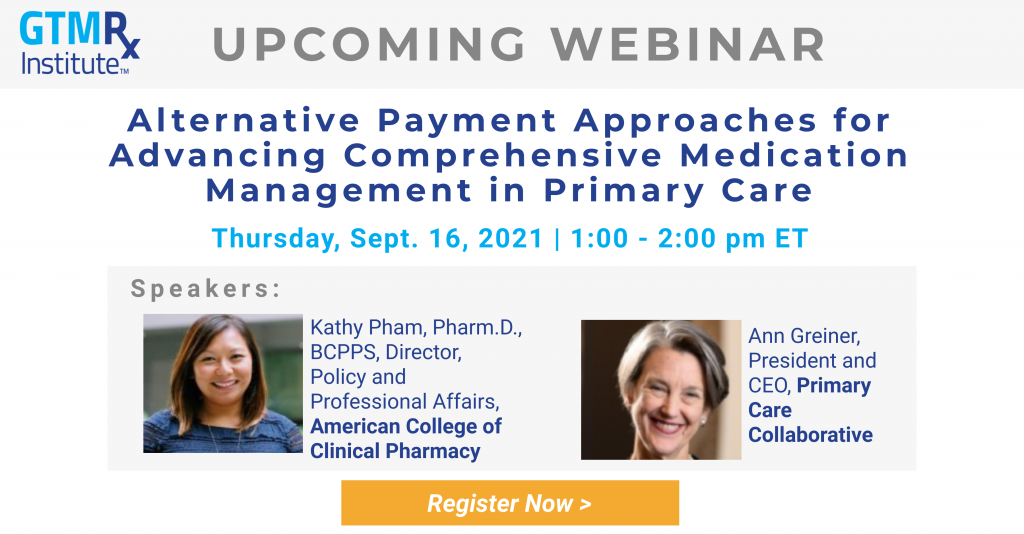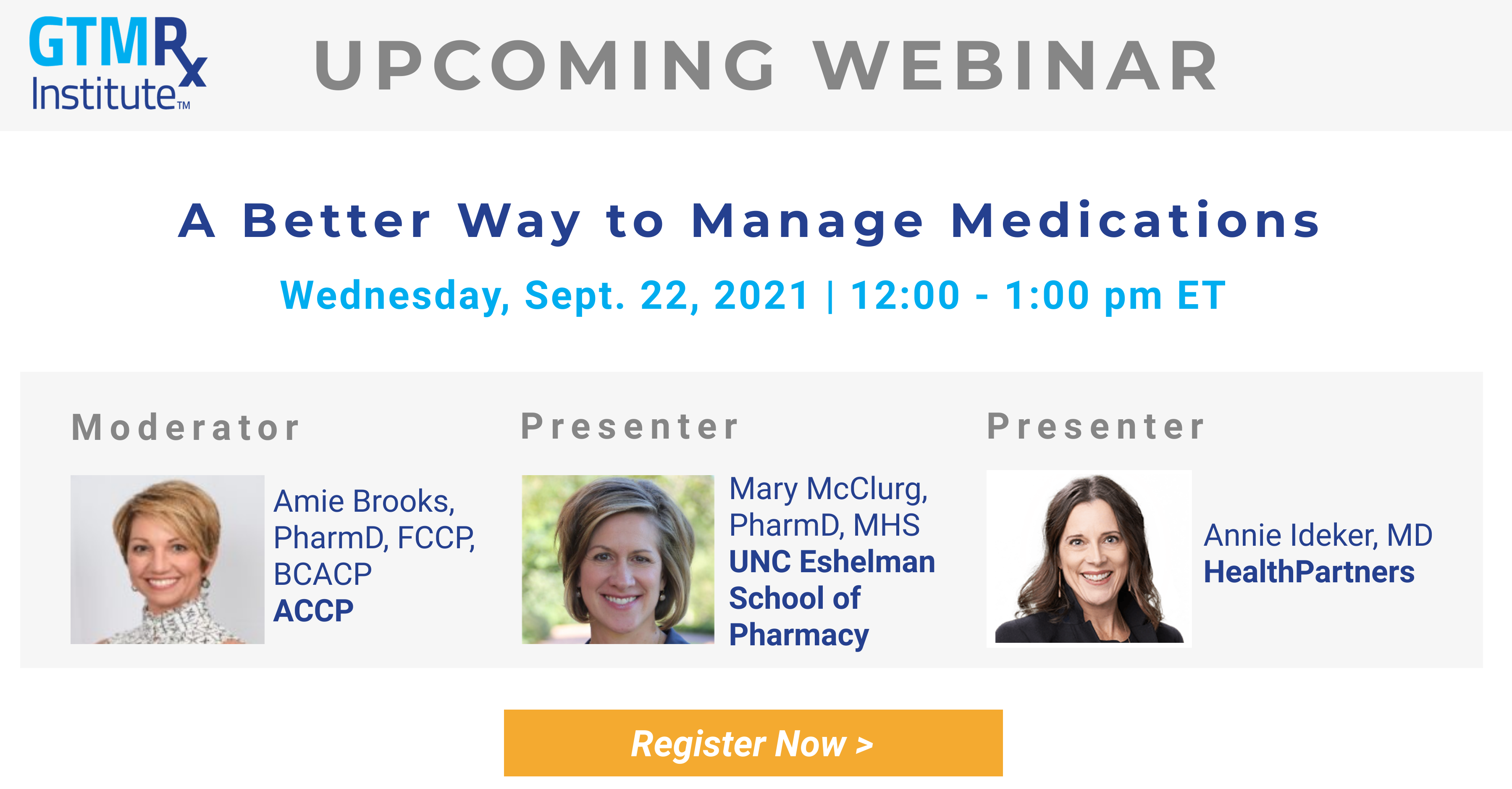Practice Transformation
Dollar General eyes rural health care possibilities
Dollar General is expanding its health care presence, the Wall Street Journal reports. In July, it hired a chief medical officer, a new position in an August earnings call, CEO Todd Vasos—who comes out of the drugstore sector—said the company is considering services that rural America doesn’t have access to—such as eye care, telemedicine and prescription delivery to stores. But for the most part, the retailer is keeping mum about its health strategy. (WSJ*)
Misinformation still abounds
According to the CDC, prescriptions for the anti-parasite drug Ivermectin—which is not an antiviral—topped 88,000 per week as of mid-August, up from the pre-pandemic average of 3,600 per week. Meanwhile, the AP reports that school officials, religious leaders, and even doctors and government officials are helping people circumvent masking and/or vaccine mandates. They often instruct people to lie about having a disability. Another tactic is to provide unwarranted medical or religious exemptions. Finally, providers on the professional networking site Doximity are being inundated with anti-vaccine comments from fellow clinicians. (CNBC; CDC; AP)
Evidence & Innovation
The high cost of “white bagging”
U.S. hospitals spend roughly $310 million annually on “white bagging” and “brown bagging” requirements, according to a Vizient report. Moreover, 83% of those surveyed said the medication did not arrive in time, and 66% said they received the incorrect dose. With white bagging, private payers bar providers from procuring and managing a drug, requiring a third-party specialty pharmacy to dispense it to the provider. In brown bagging, the pharmacy sends it to the patient, who brings it to their provider. “White bagging delays care for patients who need real-time dose adjustments to ensure the best outcome,” Erin Fox, PharmD, of University of Utah Health, said in the report. (Becker’s Hospital Review; report)
Predict who will need telehealth tech support
Johns Hopkins researchers have developed an EHR-embedded calculator that identifies patients likely to need technical telehealth assistance, allowing someone to contact the patient before their visit. It automatically calculates the risk score, which ranges from zero to four. “This approach can help make telemedicine more equitable and ease the extraordinary burden that the pandemic has imposed on care providers’ support staffs,” the researchers report. (Harvard Business Review; Becker’s Hospital Review)
Study: Combine ACOs, bundled payments for better outcomes
Combining ACOs and bundled payments can save more money and deliver better outcomes for patients than bundled payments on their own, according to a study published in JAMA Health Forum. “Simultaneous inclusion in both ACOs and bundled payment programs was associated with lower institutional post-acute care spending and readmissions for medical episodes and lower readmissions but not spending for surgical episodes,” researchers report. They call on the CMS innovation center to revisit how it handles overlap between ACOs and bundled payments. (Modern Healthcare*; JAMA Health Forum)
Policy Solutions
Leaders: Create federal council to coordinate primary care
Many factors contribute to the neglect of primary care, according to members of the Primary Care Centers Roundtable. One, the absence of a government entity responsible for a national primary care strategy, could be readily addressed, they write in a NEJM Perspective piece. It wouldn’t solve the problem, “but without such a concerted effort, the most important infrastructure available for advancing health equity will continue to erode.” Such an initiative “should include oversight, tools, and resources for rebuilding primary care, with clear accountability vested in a single council and an overarching goal of achieving health equity.” (NEJM)
Note: sources that have an asterisk require login to view the article.
In Case You Missed It!
On September 1 from 12:00-1:00p EST, Scott Robertson, Pharm.D., RPh, FHL7, GISP, CISSPMD, Principal Technology Consultant, Kaiser Permanente (KP) spoke to the Health IT to Support Optimized Medication Use Workgroup. Scott informed the subgroup about the current landscape of HIT + CMM implementation among various organizations.
The second annual Precision Health Virtual Summit, hosted by hc1 in partnership with Becker’s Healthcare, was a two-day event scheduled for Aug. 31-Sept. 1, 2021 & featured some of the health care industry’s leading thought leaders and innovators helping to advance the promise of precision health to all aspects of care delivery.GTMRx Executive Director, Katherine Capps & Jennifer Hockings from Cleveland Clinic, a GTMRx Strategic Partner, headlined hc1’s 2021 Precision Health Virtual Summit. Their presentation, The Future of Precision Medicine, was followed by presentation from GTMRx workgroup’s Anthony Morreale (the VA) and Kandace Schuft, PharmD (Wolters Kluwer Clinical Drug Information).
- Find more information here: https://www.hc1.com/summit/
- Watch Keynote Presentation: The Future of Precision Health*
- Watch Precision Prescribing Panel: Taking a Team-based Approach to Treatment*
Leadership from GTMRx’s PGx Payment and Policy Taskforce and Payment and Policy Solutions Workgroup have created 5 policy recommendations on PGx + CMM that policymakers should consider to ensure that patient medications are managed safely and effectively based on the unique characteristic of an individual patients’ genetic profile, including:
- Add the assessment of patient medications and drug-gene interactions to Medicare (Welcome to Medicare visit) and Medicaid benefits,
- Require CMS to reimburse preemptive multi-gene panel testing as one single test with one standard compensation code,
- Require CMS to reimburse members of the care team trained to evaluate/manage all medications based on patient’s genotype, multi-drug interactions, Rx metabolism, etc.,
- Direct the National Quality Forum (NQF) to review and make recommendations on drug-gene interaction efficacy and safety checks prior/post admin of drugs within CMM,
- Recommend the U.S. Preventive Services Task Force evaluate evidence of PGx testing and CMM, for drugs with known drug-gene interactions, as a preventive health care practice that addresses patient outcomes/medical expenditures and that should be covered by ACA plans.
In addition to development of Vaccine Confidence Leagues (VCLs) and community-building activities, the task force’s recommendations include:
- Accelerated approval of vaccines
- Public education
- Payment reform
- Improved vaccine access for primary care practices
- More effective immunization information systems (IIS)
- No cost-sharing for certain patients
- Enhanced diversity, inclusion, and equity
Find the report Frequently Asked Questions here.
Read the report here.
|
AmazonSmile is an easy way for 0.5% of your qualified purchases go to the GTMRx Foundation at no cost to you. And signing up is simple—go to smile.amazon.com and select “Get the Medications Right Foundation” as your charity of choice. If you prefer to directly donate instead, you can do so here.
Adding the foundation on AmazonSmile will help us continue to provide no cost educational webinars, issue briefs, weekly news briefs and promote the need for transformation of our current system of medication use through social media campaigns.





 Join us to be part of meaningful change
Join us to be part of meaningful change
